The European Parliament hosted an event in Brussels last week entitled ‘Close Guantanamo’. It was hosted by two Irish left-wing MEPs, and among the invites were representatives of Cage, which has been described by the French government as an ‘Islamist’ organisation, an allegation Cage denies.
Cage was briefly infamous in Britain in 2015 when its director, Asim Qureshi, called Islamic State butcher Mohammed Emwazi, aka ‘Jihadi John’, who made a living hacking off Westerners’ heads, a ‘beautiful young man’ and blamed security services for his radicalisation. Qureshi later said he regretted his ‘inappropriate description’ of the Isis fighter.
Cage isn’t the only organisation with dubious credentials that has been courted by the EU in recent years. A report in the French Sunday newspaper Le Journal de Dimanche last week disclosed that the European Commission has funded a project fighting ‘Islamophobia’ to the tune of €100,000 (£87,000). One of the groups to benefit from the EU’s largesse had links to the Collective against Islamophobia in France (CCIF), which was proscribed by the French government in 2020 after the murder of schoolteacher Samuel Paty.
France is reaching the end of its tether with Dalli
What could be described as the deepening of ties between the EU and various Islamic organisations has accelerated since Helena Dalli was appointed the EU’s Commissioner for Equality in 2019. A former beauty queen in her native Malta, Dalli has an Anglo-Saxon enthusiasm for identity politics (before becoming a Socialist MP she completed a PhD in Political Sociology at Nottingham University). Consequently, she has become the bête noire of France.
At the height of the Black Lives Matter movement in 2020, Dalli accused the EU Commission of ‘structural racism’. Her remark was greeted with withering contempt by Bruno Alomar, a French civil servant who worked for many years in Brussels. In an op-ed in Le Figaro, he said Dalli was guilty not only of self-hatred but of ‘confusing politics with emotion…trying to show that Europe, which is clearly imitating the United States without thinking, had a part to play in the George Floyd affair’.
The following year, Dalli was back in the French papers, this time after she published ‘guidelines on inclusive communication’. Christmas was to be replaced with ‘holiday season’ and in future people would address each other not Mesdames and Messieurs but as ‘colleague’ – apparently so as not to offend people who are neither male nor female.
Diversity drivel has been rife in the Anglosphere for years, but it is a new phenomenon in France, and it caused an immediate backlash. François-Xavier Bellamy of France’s centre-right Republicans said: ‘Helena Dalli made a mistake. She must resign’. She didn’t, but Commission president Ursula von der Leyen quickly and quietly buried the guide.
More recently, in August this year, Dalli declined to define a woman when asked to do so by a French MEP. The Commissioner for Equality also refused to say whether she believed transgender women – who are biological males – should be allowed to compete against biological females in sporting events.
It is the question of political Islam, however, where Dalli has revealed herself to be dangerously out of her depth. She comes from a country with a population of 17,000 Muslims. Malta is a peaceful little sun-soaked island, that has never experienced the barbarity of Islamist terrorism, or the cunning and insidious spread of political Islam through mosques, sports clubs and cultural associations.
No European country has suffered as much in this regard as France, and the Republic is reaching the end of its tether with Dalli. In the last two years, three French ministers, including the interior minister Gérald Darmanin, have warned the European Commission about its close association with the Forum of Young European Muslims and Students (Femyso).
In November 2021, Marlène Schiappa, the then minister in charge of citizenship, was dismayed to learn that Dalli had received Femyso in Brussels. Schiappa said the French government had referred the meeting to the Commission in order to draw attention to ‘these Islamist associations that are attacking France and are infiltrating our very institutions’. Femyso denies any association with radical Islamist groups.
Femyso had been instrumental in pushing a promotional campaign for the wearing of the hijab in Europe, the tagline for which was ‘beauty is in diversity as freedom is in hijab’. France demanded that the campaign be dropped, which it reluctantly was by the EU. Femyso’s response was to accuse France of ‘racist and anti-Muslim attacks’.
In June 2022, the European Commissioner for Justice told France that, as far as it was concerned, Femyso has not committed ‘any violation [of EU values]’. Femyso was back in the European parliament last month to contribute to the ‘European day of action against Islamophobia’. It took the opportunity to resume its ideological war on France, this time criticising the Republic for banning the abaya in schools.
Dalli’s Anglo-Saxon conception of ‘equality’ is counter to the French ‘égalité’, which promotes a cultural unity and celebrates universal values. She espouses the tribalism of Anglo-Saxon identity politics, at the heart of which is the belief that minority groups are victims of Western oppression.
Contrary to popular myth in the Anglosphere, the majority of Muslims in France are well integrated – better than in any other European country. But there is a very small vocal and aggressive minority whose objective is separation not integration; portraying themselves as victims is the cornerstone of their strategy. Dalli’s naivety and ignorance has emboldened them.
The good news for France is that Dalli is up for re-election next year. One suspects that they will use their influence to ensure that the next Commissioner of Equality is someone less Anglo-Saxon in their outlook.
Got something to add? Join the discussion and comment below.
Get 10 issues for just $10
Subscribe to The Spectator Australia today for the next 10 magazine issues, plus full online access, for just $10.


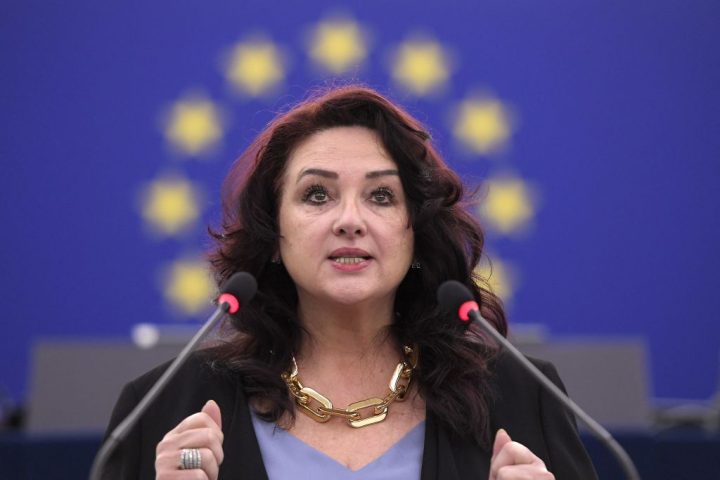
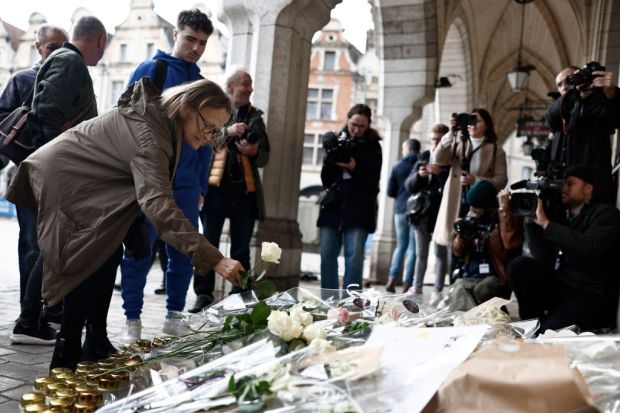
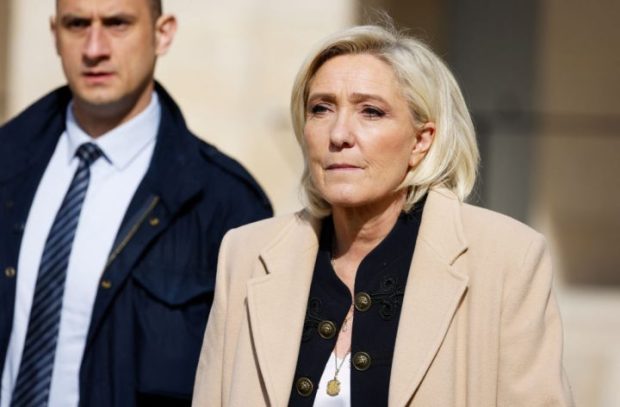
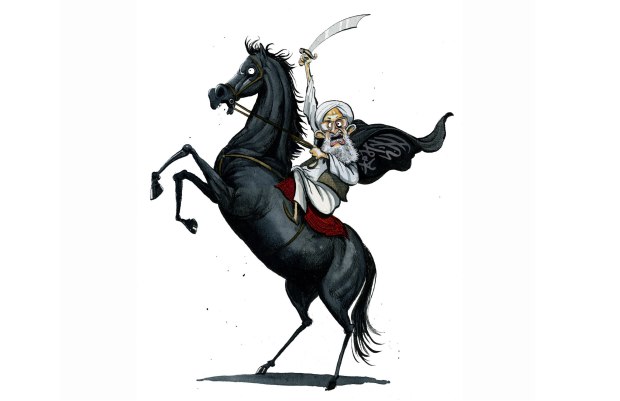

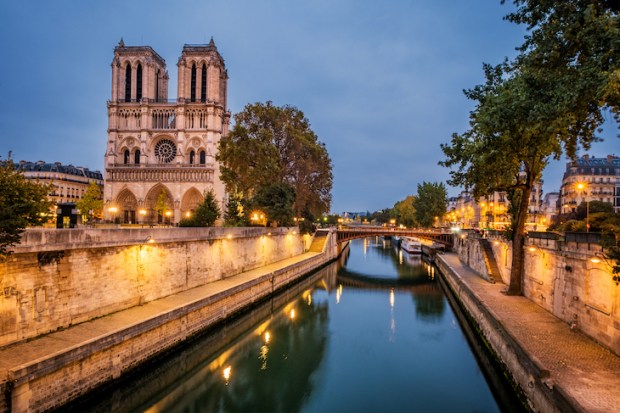
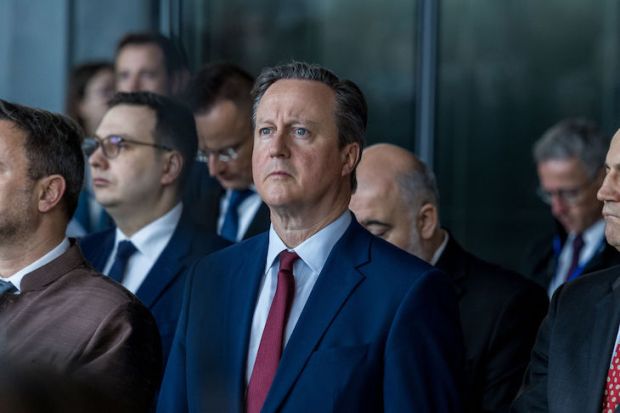












Comments
Don't miss out
Join the conversation with other Spectator Australia readers. Subscribe to leave a comment.
SUBSCRIBEAlready a subscriber? Log in